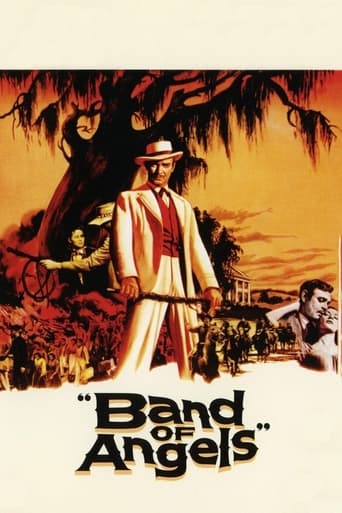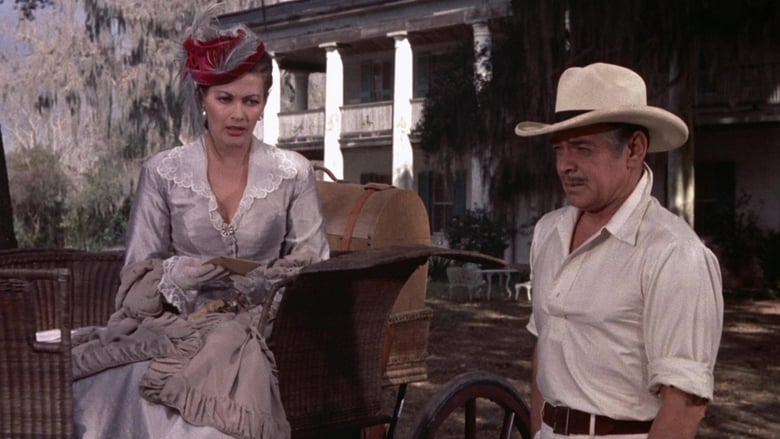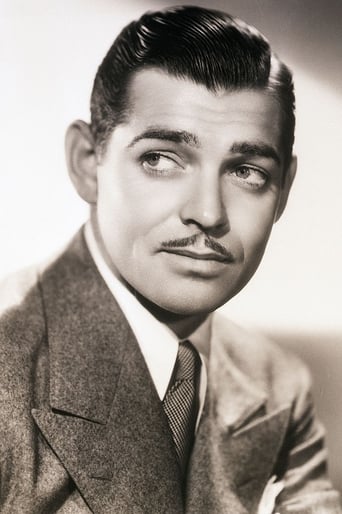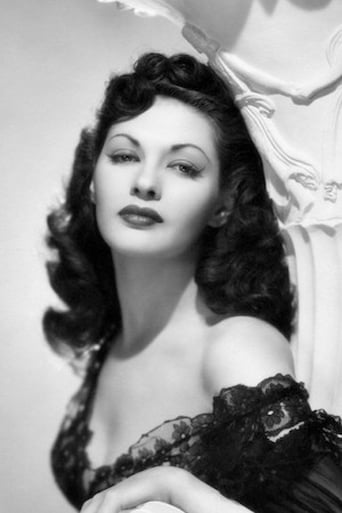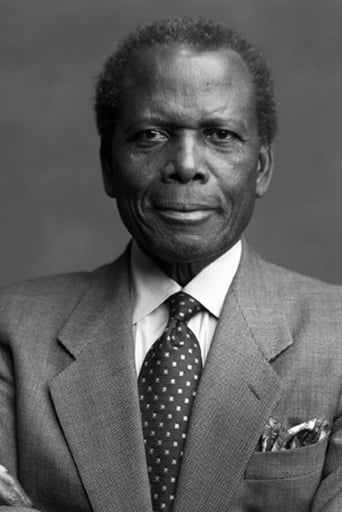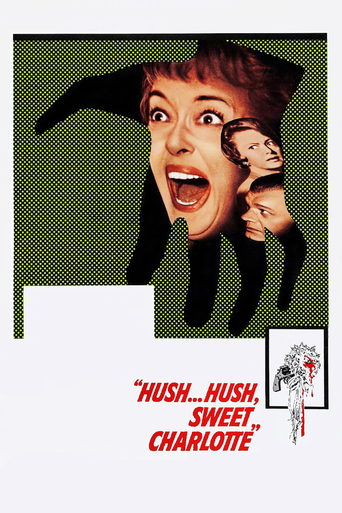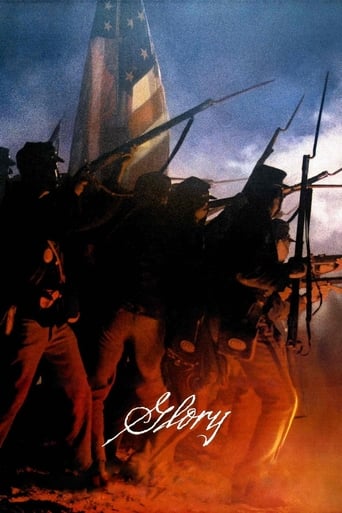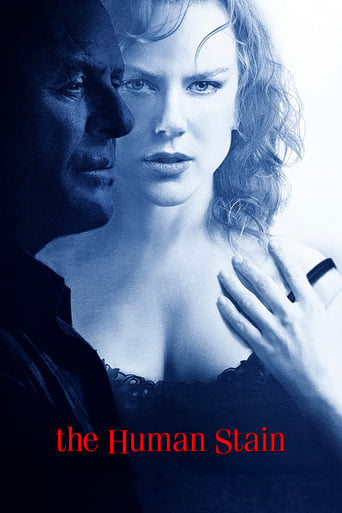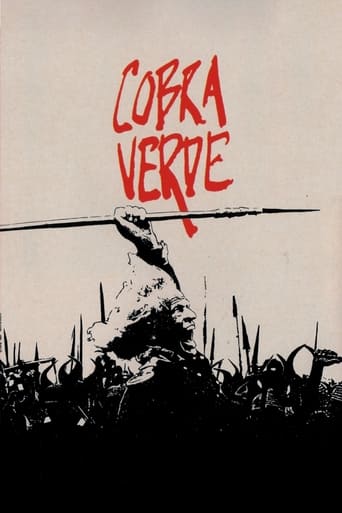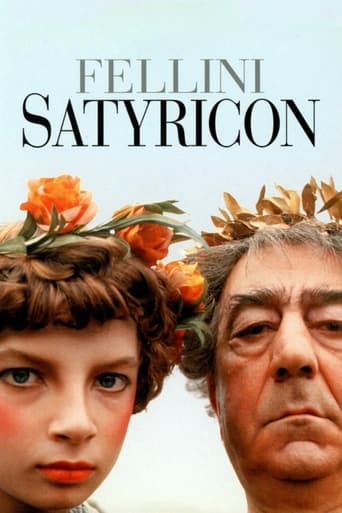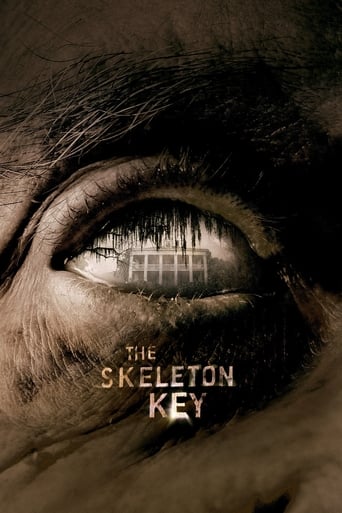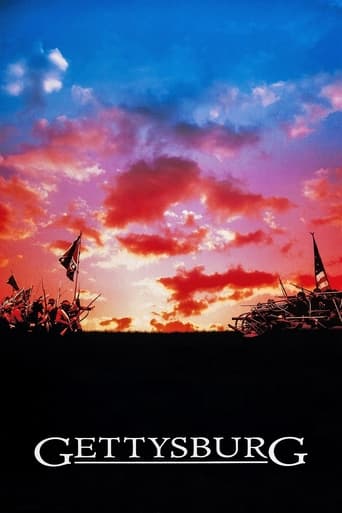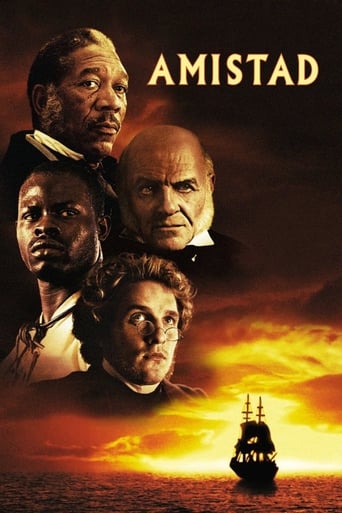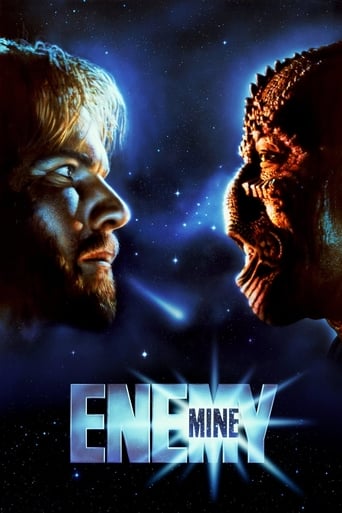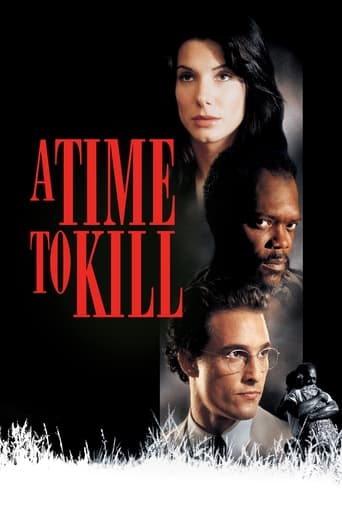Band of Angels (1957)
Living in Kentucky prior to the Civil War, Amantha Starr is a privileged young woman. Her widowed father, a wealthy plantation owner, dotes on her and sends her to the best schools. When he dies suddenly Amantha's world is turned upside down. She learns that her father had been living on borrowed money and that her mother was actually a slave and her father's mistress.
Watch Trailer
Free Trial Channels
Cast


Similar titles
Reviews
Sadly Over-hyped
Dreadfully Boring
it is the rare 'crazy' movie that actually has something to say.
The thing I enjoyed most about the film is the fact that it doesn't shy away from being a super-sized-cliche;
There are two ways to view this movie. You can consider it as an antebellum romance, and talk about the scenery and Clark Gable, or you can consider how it deals with the whole slavery thing.Looked at in purely cinematic terms, it's pretty terrible. At least the first hour is; I couldn't wade through more than that. The dialogue is absolutely atrocious. The movie is slow and tedious, most of the characters uninteresting. As is often the case with latter-day movies by great directors, it has an archaic feel, as though the directory knows he can't make movies just like the ones he made 20 years ago yet can't quite get the hang of modern film-making.The unfortunate thing is I wanted to see this movie for Sydney Poitier but he comes in on the late side and by the time he arrived I'd reached the point where I couldn't take any more.Then there's the slavery thing. Some people feel it's unfair to make political judgments on a movie from long ago, and that is in part true. There are things you really couldn't do in the 50s. If you'd cast a black actress in the Yvonne De Carlo role then kissing Gable would have got the movie banned in most of the country.At the same time, people weren't idiots in the 1950s. There were movies earlier than 1957 that showed a greater understanding of race dynamics and were able to treat black characters in more interesting ways, because there were people, even white people, who understood these things. In fact, I suspect the book this movie was based on was far more nuanced (one would hope).So things like the well-dressed slaves, the benevolent slave-owners, the happy singing black folk, they're not "the best that could be done at the time." They are examples of lazy, thoughtless filmmaking. And the way black folks taunt Yvonne for being one of them, as though being one of them is disgusting; well, I doubt slaves commonly treated one another that way.But I'm not going to say more about the politics, because I haven't seen the whole movie and because the reviewer here who wrote a review titled "Twisted, Grotesque Artifact of White Denial" sums up the issues with this movie very well.And as I say, I don't need to worry about being fair to this movie for its political shortcomings, because as art and entertainment it's just awful.
Just watched this DVD of the movie after 30 years of remembering it being promoted on a local station for a late Sunday night showing. Clark Gable plays Hamish Bond, a slave owner who treats his employees with kindness like Carolle Drake as Michelle (we find out she was also his mistress) and Tommie Moore as Dollie. Also, Sidney Poitier as Rau-Ru, who later joins the Union Army. Oh, and Yvonne De Carlo plays a mulatto named Amanda Starr who passes for the lighter race. I'll just now say that while I was fascinated by the fact that one legend was teamed with someone who would become one himself, part of me was bored with the way the plot kept meandering along. I'm sure Robert Penn Warren's novel must have been more exciting than this. In fact, I feel asleep a couple of times so I had to rewind to find out what I missed sometimes. So on that note, I say Band of Angels is at the least worth a look. P.S. I recognized that white Union soldier Poitier was talking to as William Schallert who would later appear with Sidney in In the Heat of the Night. I was a little distracted that the general in this film had the surname of Butler. And I liked the Louisiana locations that were showcased since I happen to live in the state.
19 years after "Gone with the Wind" Clark Gable returns as a very-much-like Rhett Butler role of Hamish Bond; no doubt for the pleasure of us moviegoers it's one of his best roles.A very rich ex-slaver takes an interest in a white girl suddenly being sold as a slave based upon the revelation that her mother was black. The story covers about six years and it is beautifully filmed; a picture worth seeing every few years.The Yankees do not look good in this movie; because the film was well researched and scores about 90% for historical accuracy. Union General Butler was much worse and more corrupt as portrayed here. It is also worth noting that MOST slave traders were in fact from New England, Massachusetts being the first slave state where slavery was used widely to do the Yankee's dirty work. America's #1 slave trader -- not a nice man like Clark Gable's portrayal, but one of the most rotten men in American history -- was Brown of Rhode Island, the founder of Brown University, built with slave-trade money. Mass-Conn-RI were loaded with slaves, about 40% of their population; very quiet about it these days.Today's empty-headed Hollywood is very confused about slavery. Devoted to "political correctness" but clueless to its meaning, most classic movies containing so much as one slave (or no slaves, as in Walt Disney's "Song of the South") are quietly not available except thru bootlegs. "Band of Angels" somehow escaped the PC Squad; readily available on DVD. 9 out of 10.
Well, we have quite a range of reactions to this film from the greatest film ever to the worst film ever seen. I prefer it to the more polished "Gone with the Wind". I believe it was one of Gable's most significant roles after 1939, along with "The Tall Men". Yes, Clark Gable was no longer the swaggering rogue, man of action and lady killer of the '30s. Here, we have a more mature weathered-looking Gable, who has settled down to the genteel life of a southern plantation owner, after a financially successful life as a rough and tumble Yankee slave trader. Yet, he is still something of a rebel. He has a guilty conscience about his former life as a ruthless slave trader and wants to make partial amends by treating his large group of slaves decently. In fact, he plans to leave his estate to one of them. He tends to see the born southern aristocracy as largely decadently effete, as exemplified by a neighbor who takes a liking to his recent light-skinned mulatto acquisition((Yvonne De Carlo, as Amantha). Clearly, Gable, as Hamish Bond, has no interest in supporting the recent unsettling changes in the political scene and the impending Civil War. He recognizes that these events will probably shatter his idyllic life and that the lives of many of his slaves will likely be changed for the worse if they are liberated by the Yankee troops. Perhaps, he recognized that secession failed to solve the looming problem of a lack of new territories for the expansion of plantation slavery, thus depressing the monetary value of young surplus slaves. Perhaps, he also recognized that a separate South impeded the legal demands slave owners could make in recapturing escaped slaves who made it out of the Confederacy. On the other hand, Hamish refuses to support the cause of the Yankee troops who want to sell his soon-to-be harvested cotton. He risks execution in burning his cotton crop and most of his equipment.Hamish rescues, in dramatic fashion, a beautiful cultivated mulatto(Yvonne De Carlo, as Amantha) from a fate she could not bear, although she initially shows little gratitude. He does not require that she become his mistress and in fact gives her a chance to escape his world, but she has a last minute change of heart and decides to remain with him. Amantha has experienced two benevolent slave owners: her father and Hamish. This is in marked contrast to her treatment as a slave on the auction block. The dialog makes it clear that her father and Hamish are rather exceptional in this regard. Thus, I don't buy the criticism that this film provides an unrealistically rosy picture of the typical lives of slaves. The film makes the viewer feel deeply the horror of a sudden change in status from a southern belle to a life-long slave. If you want a much more extreme example, read the book "Skeletons in the Zahara", in which shipwrecked Yankee sailors are transformed into barely living slaves of fearsome tribes or Arabs near the coast of northwest Africa.The relationship between Hamish and his slave and appointed successor Rau-Ru(Sidney Poitier)is another key element of this story. Rau-Ru hates the institution of slavery and hates Hamish even more for his rather successful attempt to make slavery agreeable to his slaves. The fact that he is the heir apparent for this plantation does nor change his attitude. The last portion of the film deals mainly with the critical relationships between Hamish and Rau-Ru, now a Union soldier, and between Hamish, Amantha and a certain Union Caucasian soldier, against a background of Union troops overrunning Hamish's plantation. See the film to find out how this cliffhanger complex of relationships turns out.

